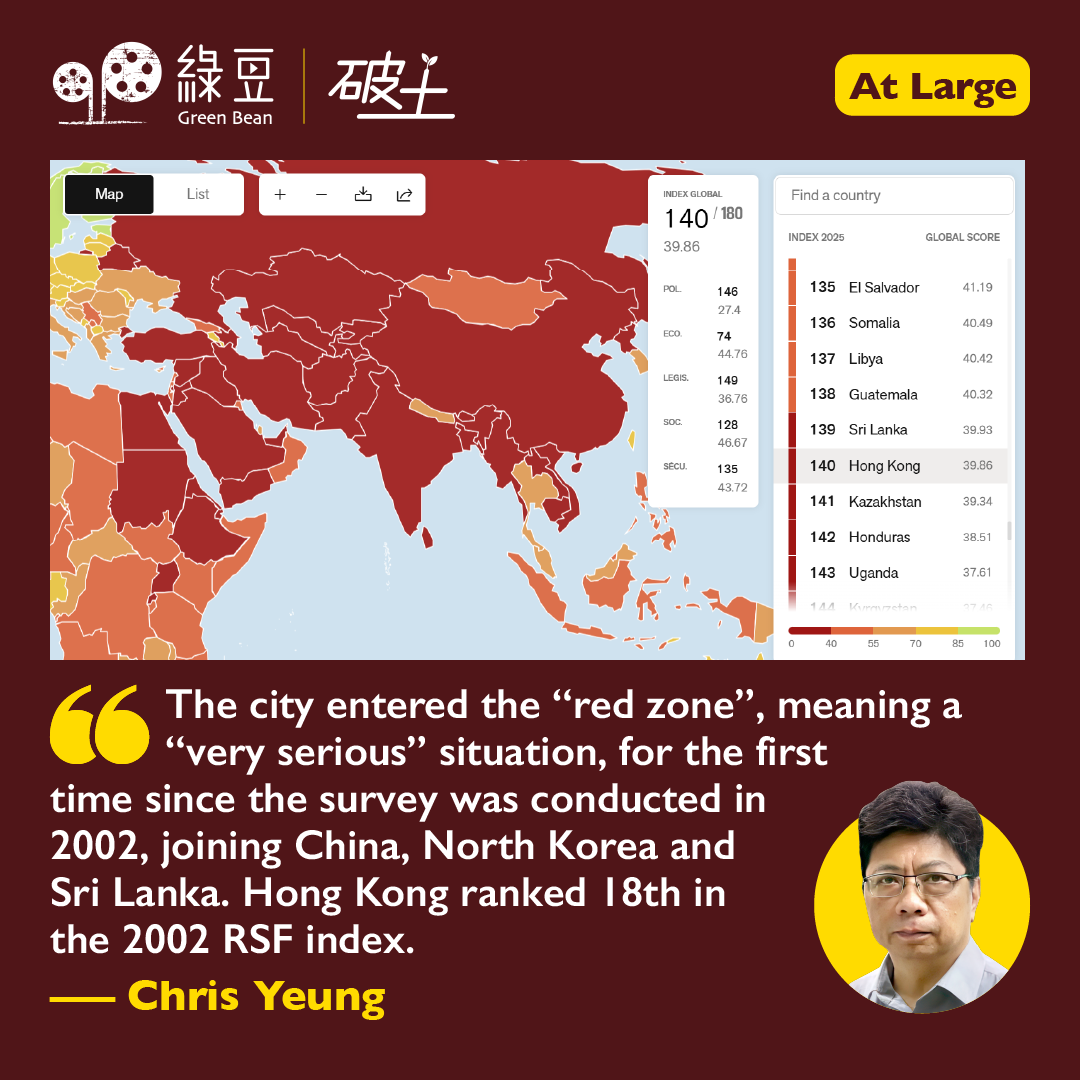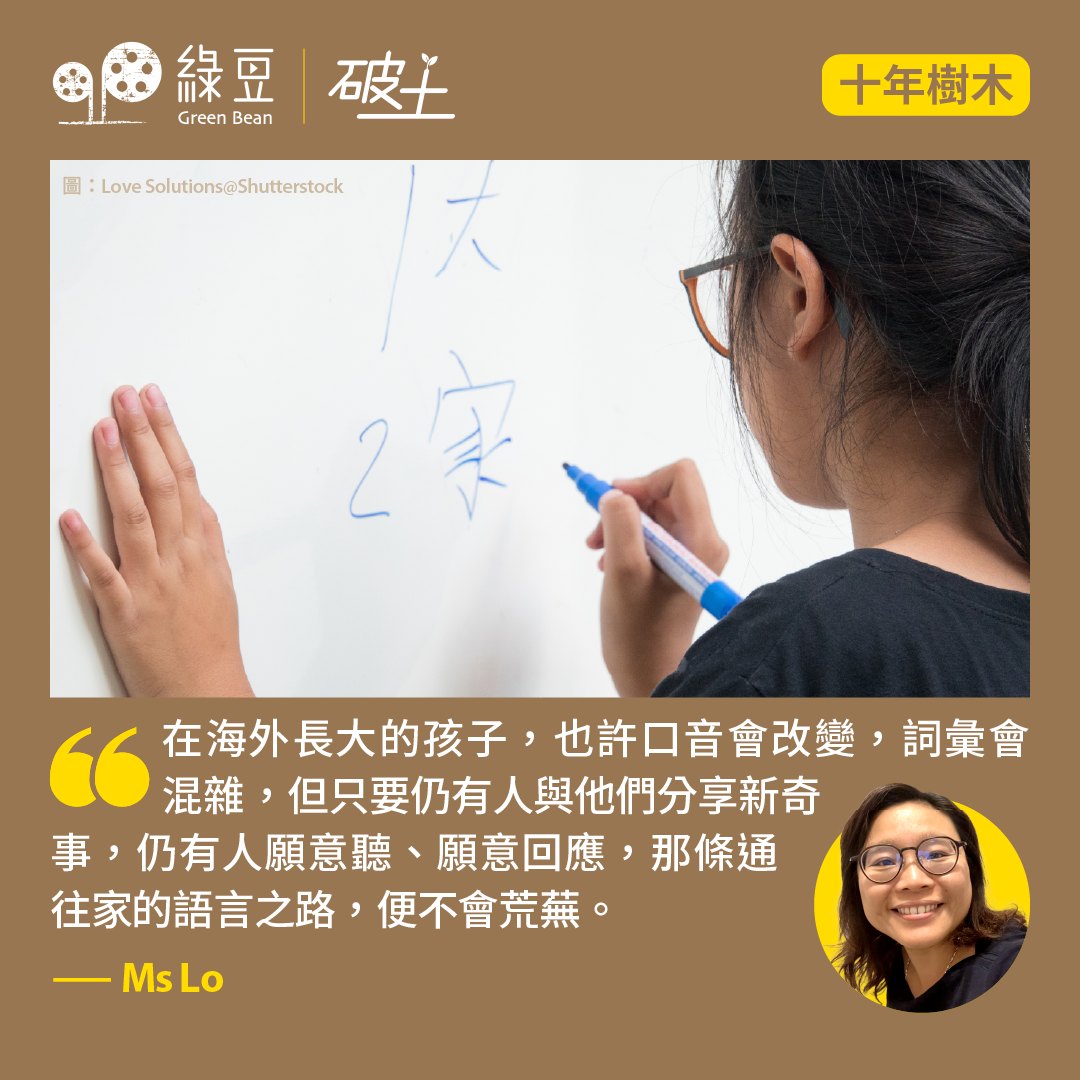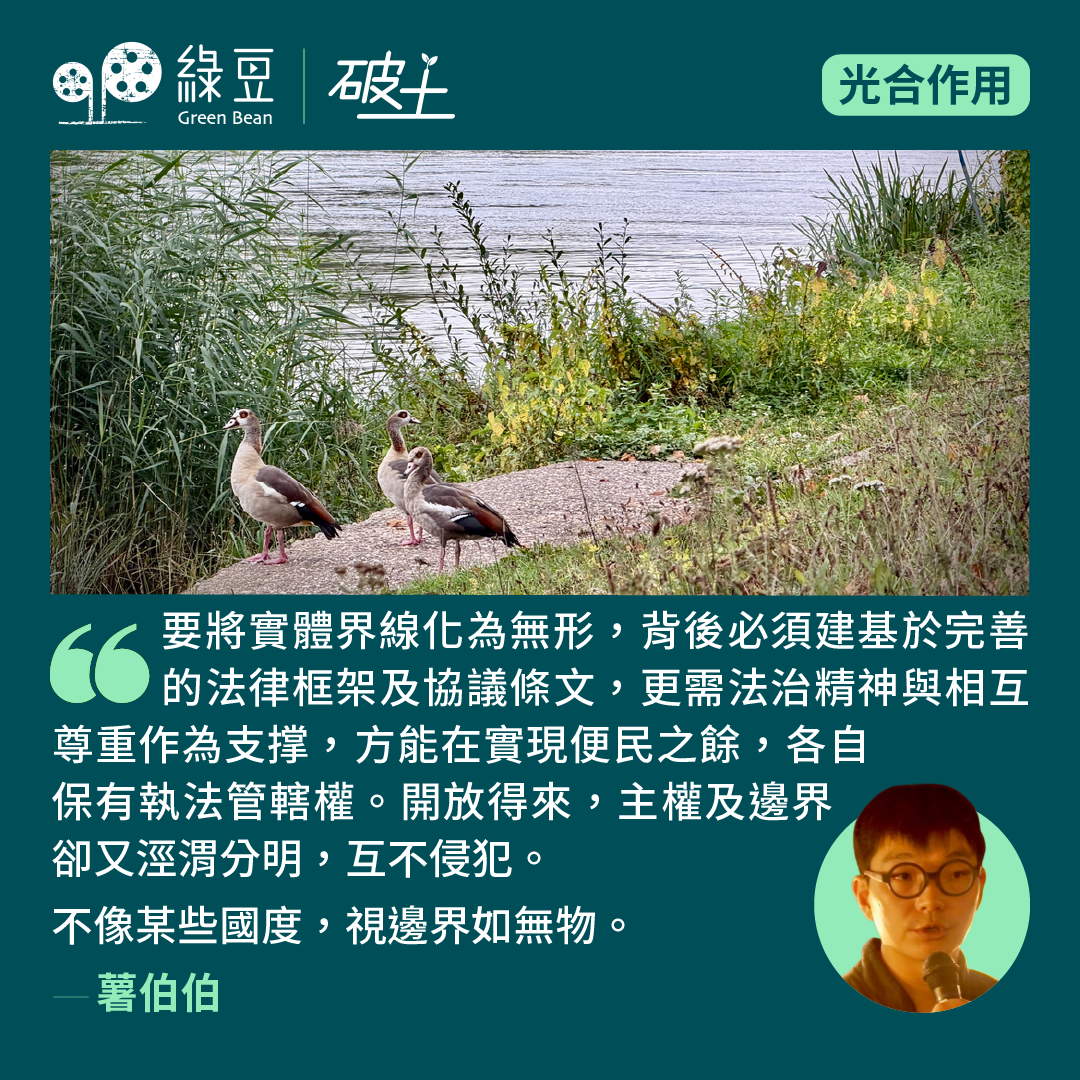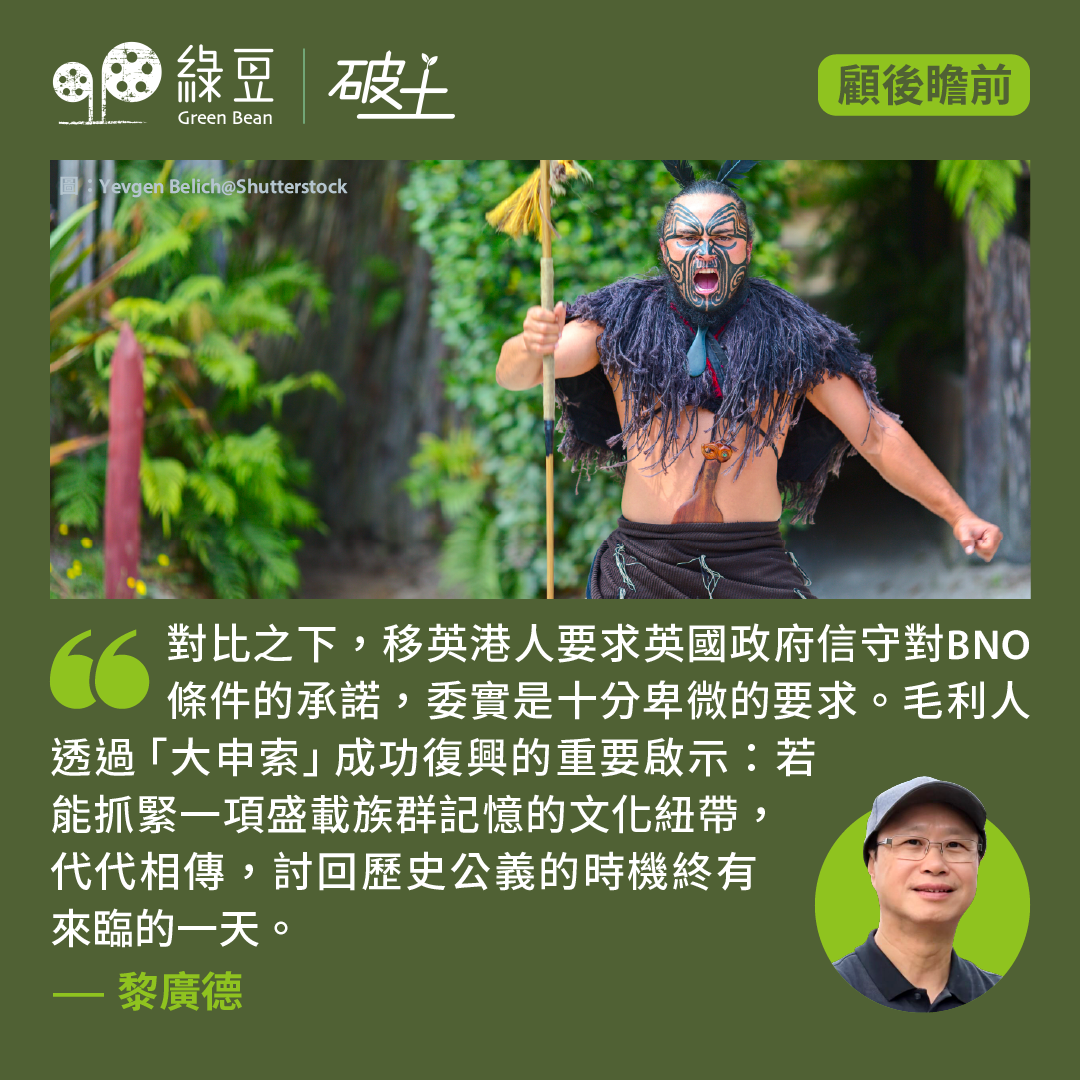HK press freedom in ‘red zone’, says RSF

Is the Hong Kong press still free, with uninhibited coverage of China and of issues on which China has strong views?
Are foreign journalists and media organizations in Hong Kong still free to operate without controls?
These are two of the 16 benchmarks last Governor Lord Patten had set out in his swansong policy address delivered at the Legislative Council on October 2, 1996.
They had underscored the importance Lord Patten attached to the city’s fleet of local and foreign press in making the city unique and special during British rule – and after the handover.
With the reversion of sovereignty nearing its 28th anniversary, the deterioration of press freedom in Hong Kong, in terms of its speed and scope, has cast a long shadow over the city’s uniqueness and status and image as an international city.
Annual global press freedom index
Hong Kong hit bad headlines on Friday when the Reporters Without Borders (RSF) published its annual global press freedom index, which saw Hong Kong dropping five places to 140, back to the same place in the 2023 report.
The city entered the “red zone”, meaning a “very serious” situation, for the first time since the survey was conducted in 2002, joining China, North Korea and Sri Lanka. Hong Kong ranked 18th in the 2002 RSF index.
The report said Hong Kong saw sharp falls in all five of the media watchdog’s indicators, including political, legal, economic and socio-cultural.
The deterioration of the political indicator was attributed largely to the September 2024 conviction for sedition of Chung Pui-kuen and Patrick Lam, former editors of the now-disbanded Stand News. This is the first sedition case against the media since 1997.
Asia-Pacific Bureau Advocacy Officer Aleksandra Bielakowska told Hong Kong Free Press (HKFP), “Imprisonment, harassment, doxxing, administrative pressure, surveillance and lack of financial sustainability all define a grim daily reality for the valiant few journalists who decided to stay in the territory. This often leads Hongkongers towards another path: reporting from exile.”
HKFP quoted a government spokesperson in making a strong condemnation against what they called “unfounded and biased remarks” in the RSF report. The spokesperson said Hongkongers enjoyed press freedom and free speech as defined by the Basic Law, Bill of Rights and security laws.
“Nonetheless, freedom of the press and freedom of speech are not absolute. The exercise of them may be subject to restrictions that are provided by law and are necessary for pursuing legitimate aims such as protection of national security or public order,” they said.
Challenges face by Hong Kong Journalists
Of the 180 countries and places being surveyed, the press freedom situation in 42, including Hong Kong, were classified as “very serious.” RSF warned of a worldwide decline in press freedom in the past ten years.
From the United States to the Middle East, Ukraine and the Philippines, journalists were facing threats of various kinds, including death and arrest.
RSF warned in the Friday report about “an alarming deterioration in press freedom” in the United States under President Donald Trump.
The Committee of Protection of Journalists said in a report: “The first 100 days of the Trump administration have been marked by a flurry of executive actions that have created a chilling effect and have the potential to curtail media freedoms. These measures threaten the availability of independent, fact-based news for vast swaths of America’s population.”
Although journalists in Hong Kong are not facing physical threats and Trump-style rule by executive orders and arms-twisting, they are confronted with a different set of challenges and risks that have become more imminent in recent years.
The unpredictable “red lines” that have emerged as crucial in the Stand News case have bred fear and worsened self-censorship. Raising a legitimate question about the unpredictability of “red lines” in a newspaper article could be an invitation for a harshly-worded rebuttal by the Government, spreading more jitters in the press circle.
Judging from Lord Patten’s benchmark, he probably had doubts about whether the Hong Kong press would still be able to provide “free, uninhibited” coverage of China and of issues on which China has strong views. He did not refer to coverage of Hong Kong and of issues on which the Hong Kong Government has strong views.
While the coverage of social and economic news of the mainland, in particular the Greater Bay Area, by the local media is increasing in the past few years, reporting of controversial, sensitive issues has markedly shrunk.
Moreover, pressure for journalists in covering, reporting and making commentary articles about politically-sensitive topics relating certain government departments has notably grown.
The deplorable state of press freedom in the US under Trump is no consolation to pundits that the Hong Kong press is not too bad, but indeed in good shape.
Constant vigilance and regular body-check of the health of the media have never been more important for upholding press freedom, which could help put Hong Kong on the right place on the world map of press freedom.
( Pic : RSF website )
▌[At Large] About the Author
Chris Yeung is a veteran journalist, a founder and chief writer of the now-disbanded CitizenNews; he now runs a daily news commentary channel on Youtube. He had formerly worked with the South China Morning Post and the Hong Kong Economic Journal.





